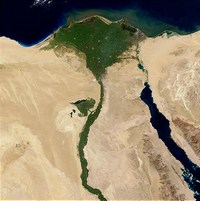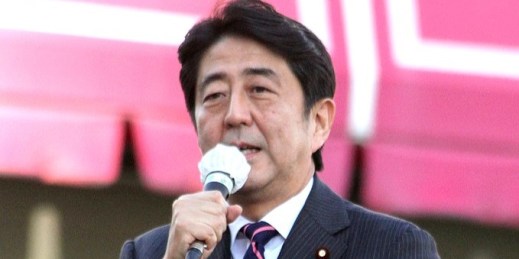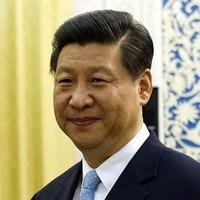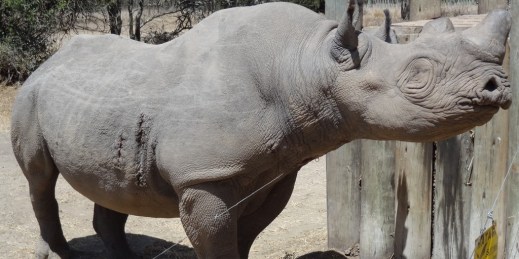
If the past century’s dominant image of Ethiopia was that of an impoverished, war-torn state, epitomized by the horrendous 1984-1985 famine in Tigray and Wollo provinces, the early 21st-century picture of the country is surely exemplified by the construction of the biggest infrastructure project anywhere in Africa: Mere miles from Ethiopia’s border with Sudan, nearly 8,000 workers and engineers are laboring seven days a week, 24 hours a day as part of a round-the-clock construction schedule to erect the nearly 560-foot-tall Grand Ethiopian Renaissance Dam (GERD). Africa’s second-most populous nation is betting that the multibillion-dollar GERD will dramatically modernize Ethiopia’s […]






